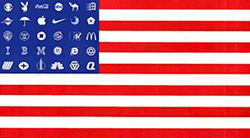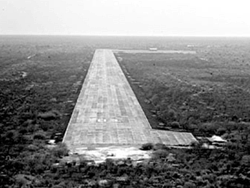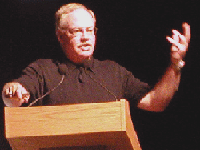
America the Greatest?
In a speech at the Republican National Convention in 2004, President Bush referred to the United States as "the greatest country in the world". Certainly this is a sentiment that many Americans share, but what kind of objective basis is there behind the statement? It's time to take a closer look. Do we make the pronouncement because we are the wealthiest nation in the world? Based on Gross Domestic Product per capita, in 2003 we were not first but fourth. Luxembourg at $43,940 was considerably ahead of the US ($36,000) by a 17% margin. Norway and Switzerland were in between. Most of us believe we have the highest standard of living in the world. But according to the UN Human Development Report of 2004, their list of the world's most livable countries show the US in eighth place, four places behind Canada, and trailing Norway and Sweden in first and second place.




